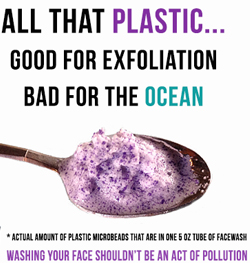Following the US FDA’ s September announcement that manufacturers have one year to replace or completely eliminate 19 common antibacterial ingredients from their medicated soaps (antibacterial washes: hand, shower, facial cleansing products), the Japanese Ministry of Health, Labour and Welfare makes public its decision to also adopt the ban.
Triclosan and triclocarban, two of the most commonly used antibacterial ingredients, are amongst those banned from future manufacturing.
FDA has informed that the decision is due to insufficient data with regards to their safety when used daily over a long period of time, as well as to lack of evidence concerning their efficacy in preventing and spreading certain illnesses.
The agency announced that antiseptic products whose composition includes one or more of the ingredients listed below will now be considered new drugs which will require drug application and, therefore, approval prior to being marketed.

19 antibacterial substances have been banned by the US FDA and the Japanese MHLW:
- cloflucarban
- fluorosalan;
- hexachlorophene
- hexylresorcinol;
- 6 individual iodophors (iodine-containing ingredients): iodine complex [ammonium ether sulfate and polyoxyethylene sorbitan monolaurate], iodine complex [phosphate ester of alkylaryloxy polyethylene glycol], nonylphenoxypoly (ethyleneoxy) ethanol iodine; poloxamer-iodine and povidone-iodine 5-10%; undecoylium chloride iodine
- methylbenzethonium chloride
- phenol (greater than 1.5%)
- phenol (less than 1.5%)
- secondary amyltricresols
- sodium oxychlorosene
- tribromsalan
- triclocarban
- triclosan
- triple dye
